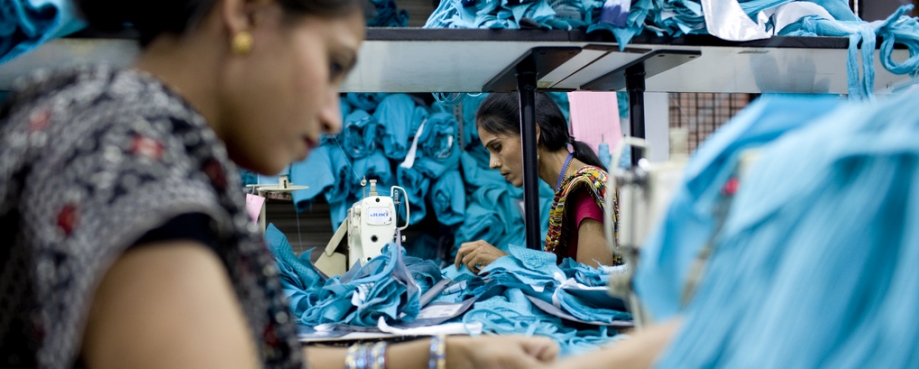
In a series of Gender Learning Events, ETI asked corporate members to share practical tips and lessons from their ongoing efforts to address gender inequality in their supply chains.
When it come's to embedding gender equality, how do you change theory into reality? It’s a question we’ve been asking our members.
Their answer? While a journey might seem long and complicated, the important thing is to take a first step.
What’s very clear is that while most companies are at different stages of the journey, the overriding message coming out of companies is that they must start somewhere.
So that’s lesson one. Just start.
Guiding the corporate journey
The ETI Base Code Guidance on Gender Equality provides companies with a useful roadmap to guide their journey.
It proposes starting with some form of corporate commitment to ensure top-level buy-in.
Importantly, as the guidance confirms, it’s necessary to apply a gender lens when conducting supply chain due diligence.
Doing this will help a company understand the risks to women workers in their supply chain.
It will also help prioritise action.
Mitigating risks
As well as taking a first step, the second lesson is not to go it alone.
This is particularly important when mitigating against identified risks.
Partnerships with NGOs, trade unions and other companies are very necessary, given the scale and complexity of the issues.
And lesson three? Companies must always track progress and improvements to working conditions.
#BalanceforBetter
This year’s IWD theme #BalanceforBetter is calling for increased efforts to build a more balanced world.
For businesses and their supply chains, this means providing equal opportunities for women to participate in the workplace and realise their rights.
Our guidance shows that doing this has numerous benefits. This includes increased productivity and efficiency.
Protecting and respecting rights
At ETI, we are committed to supporting our members and other stakeholders to ensure that both women and men’s rights are protected and respected.
That they have equal access to remedy when rights are violated.
We realise that there is no quick fix or simple answer. But the important thing to remember is that a journey of a thousand miles begins with a single step.
So, companies, what are you waiting for?
